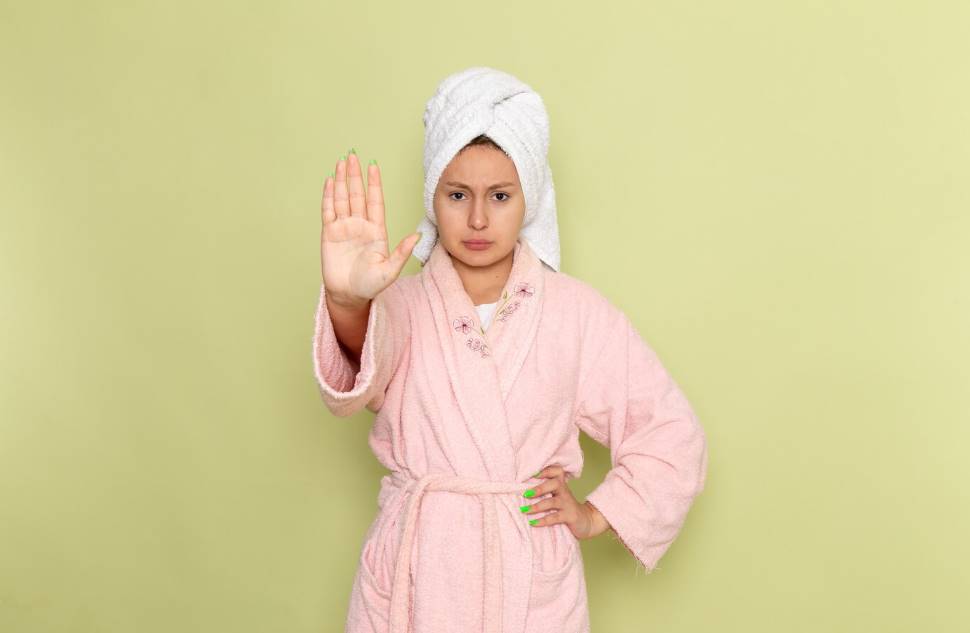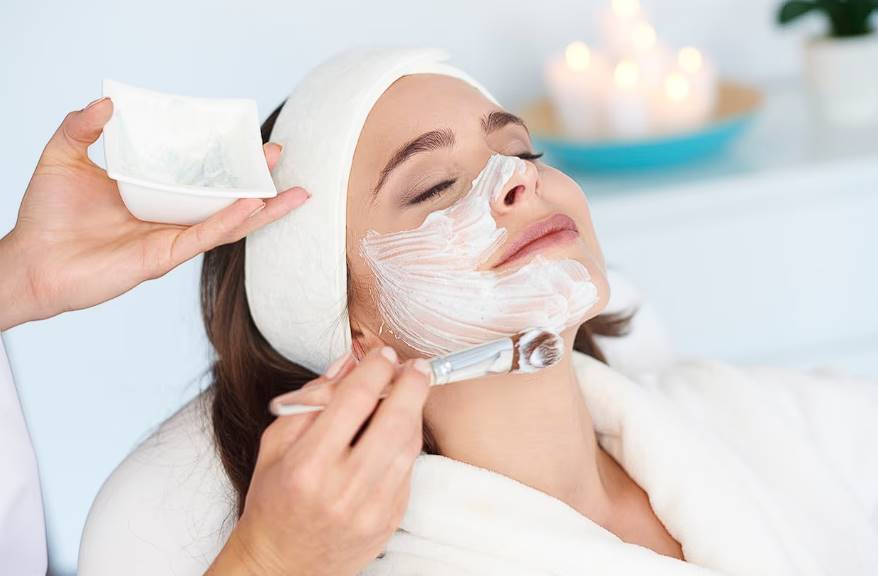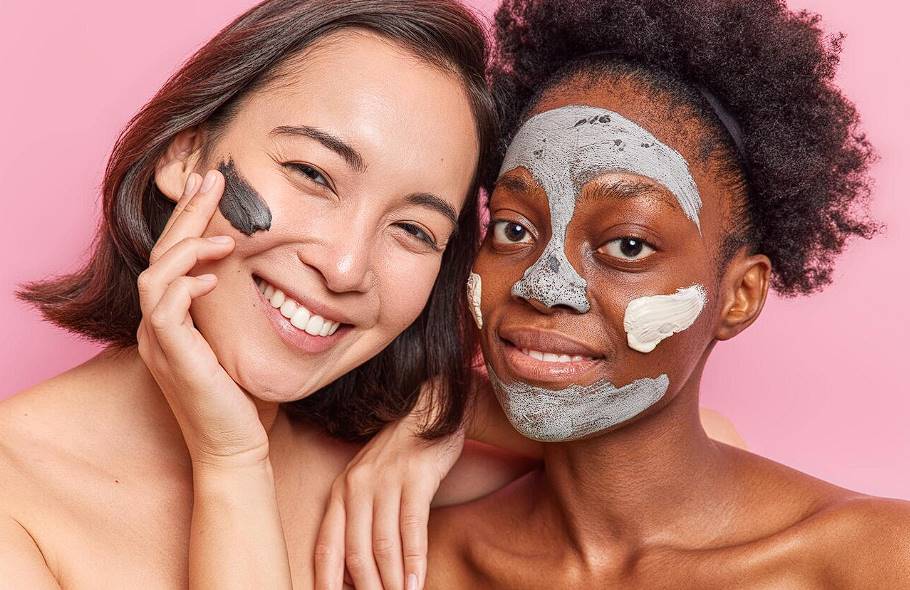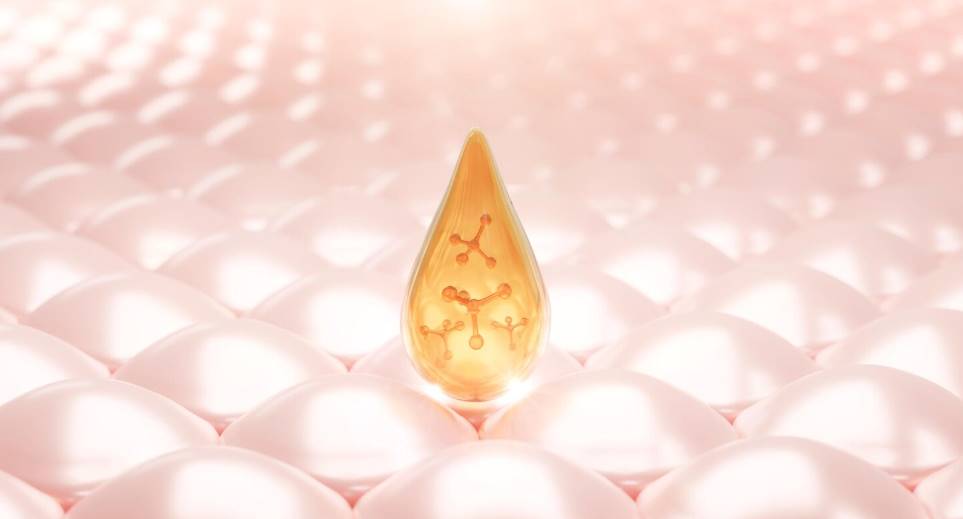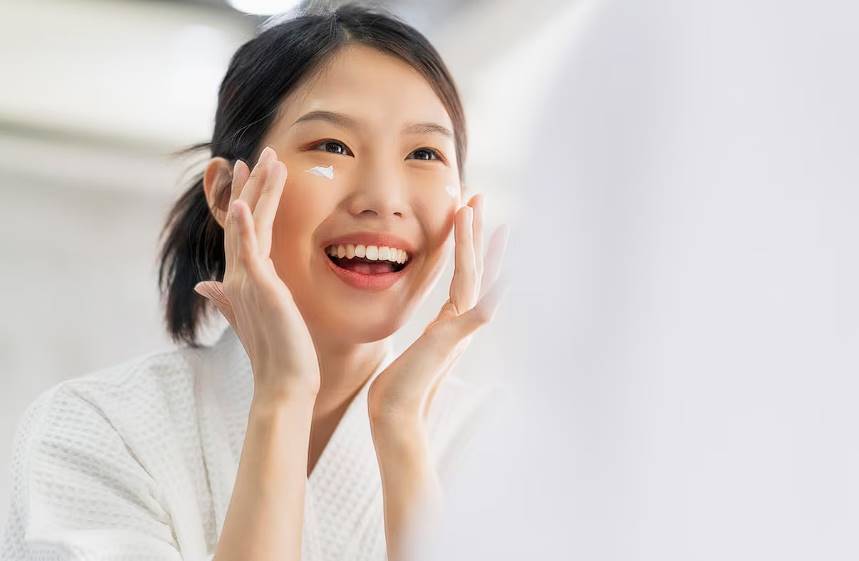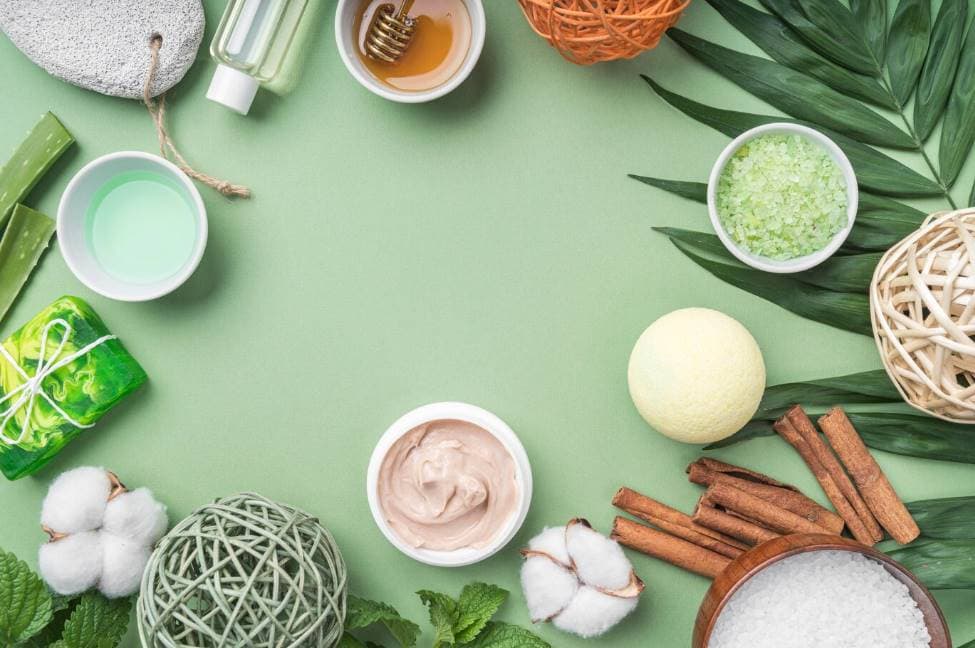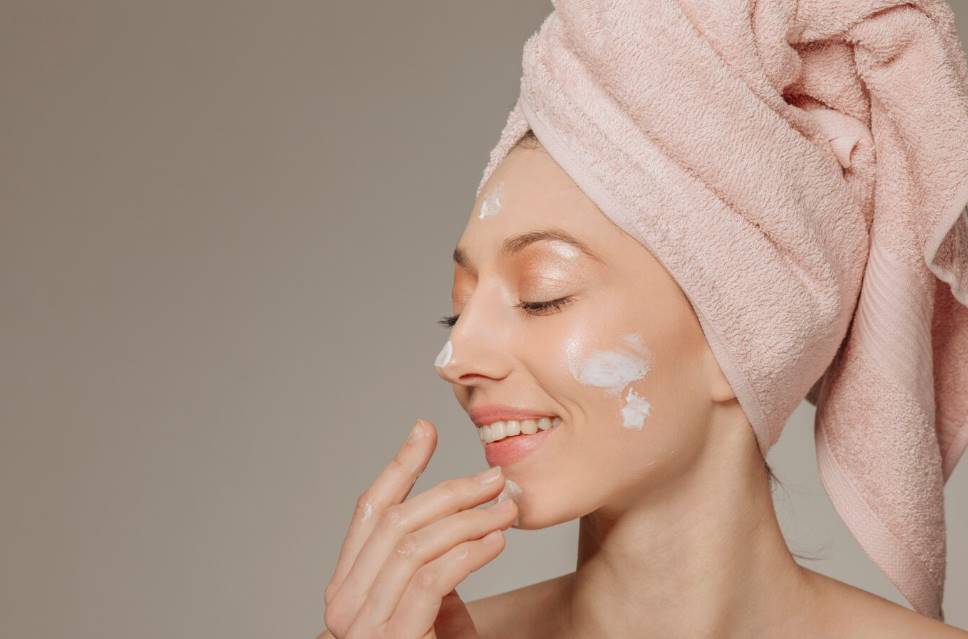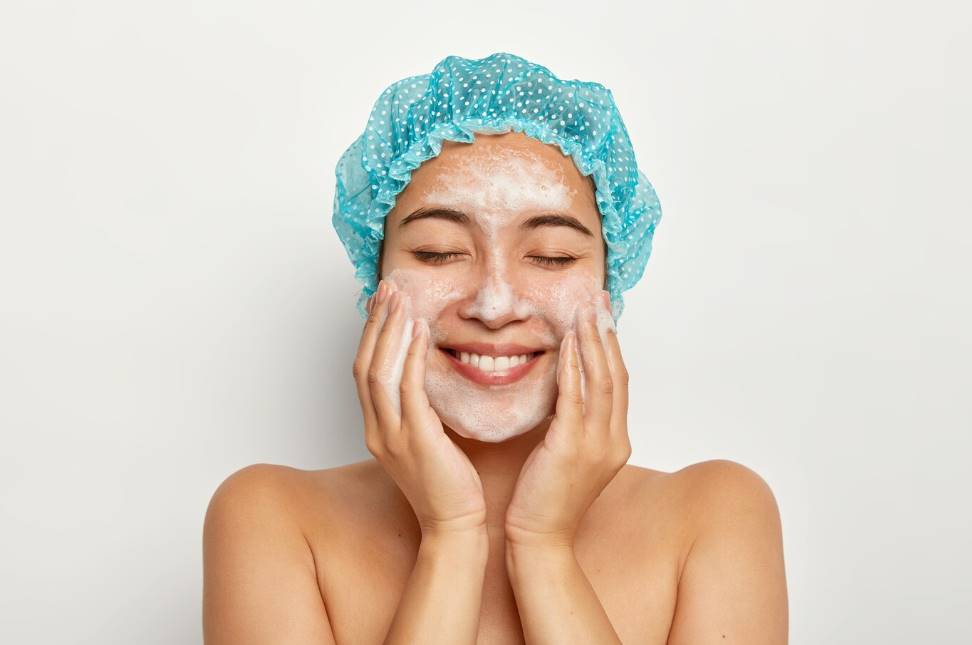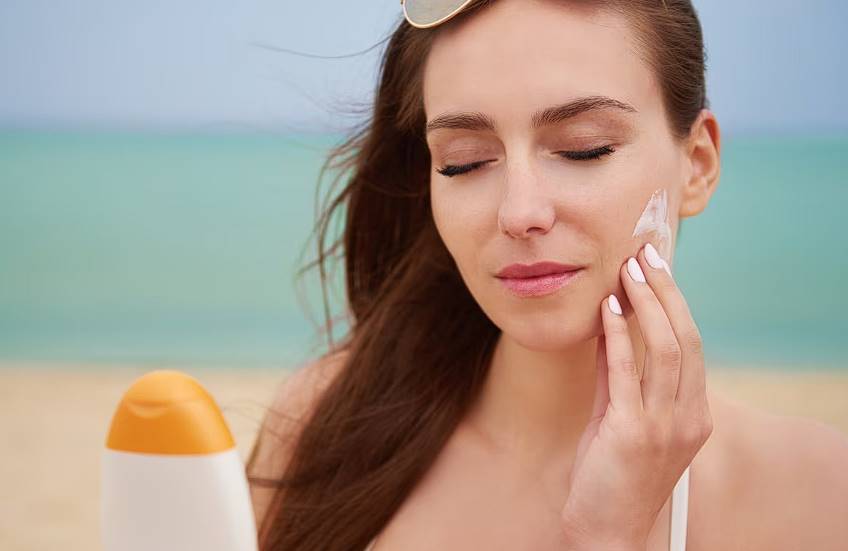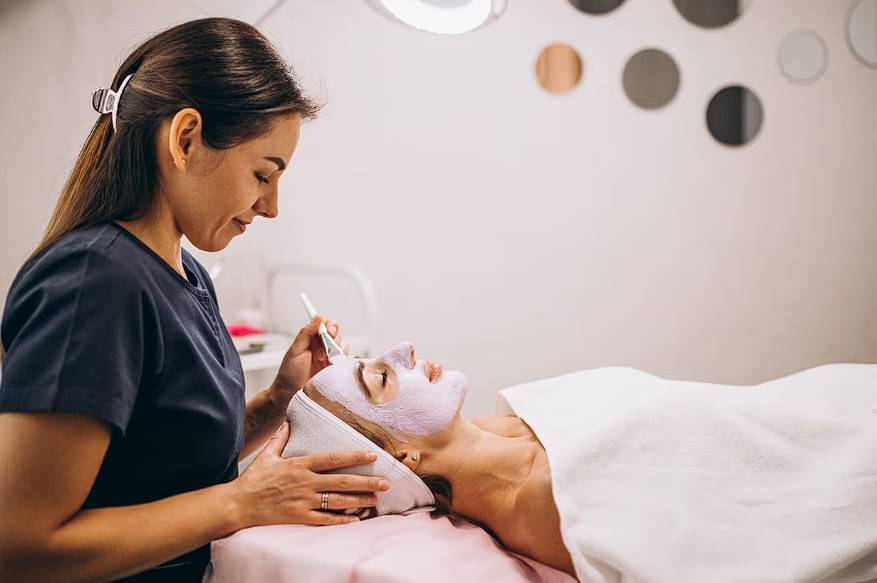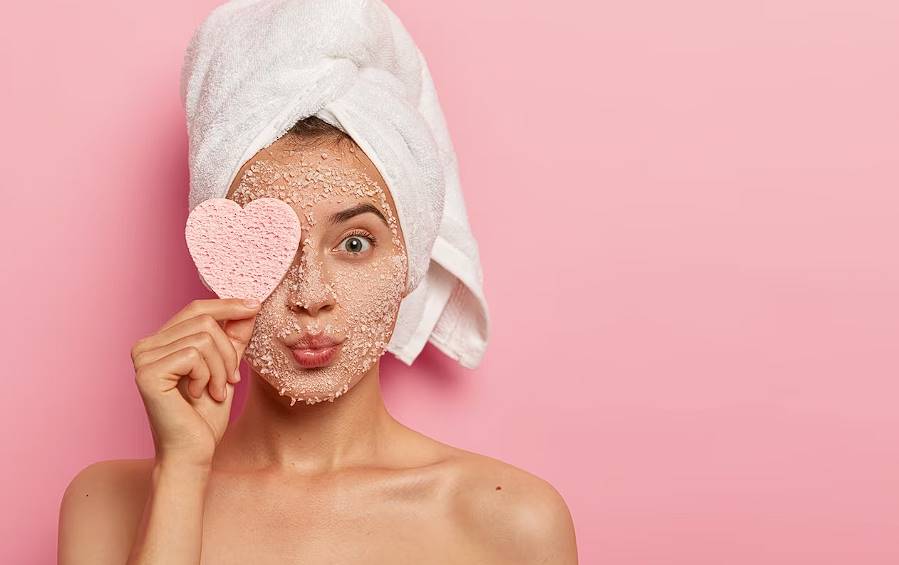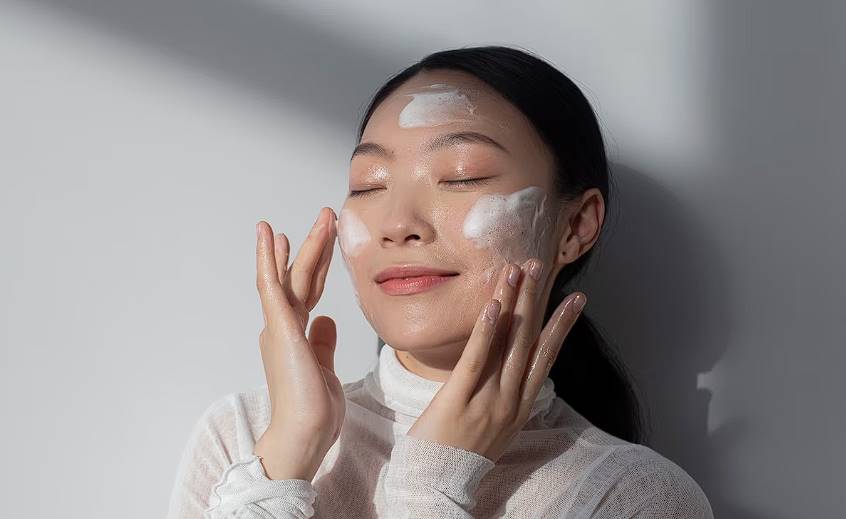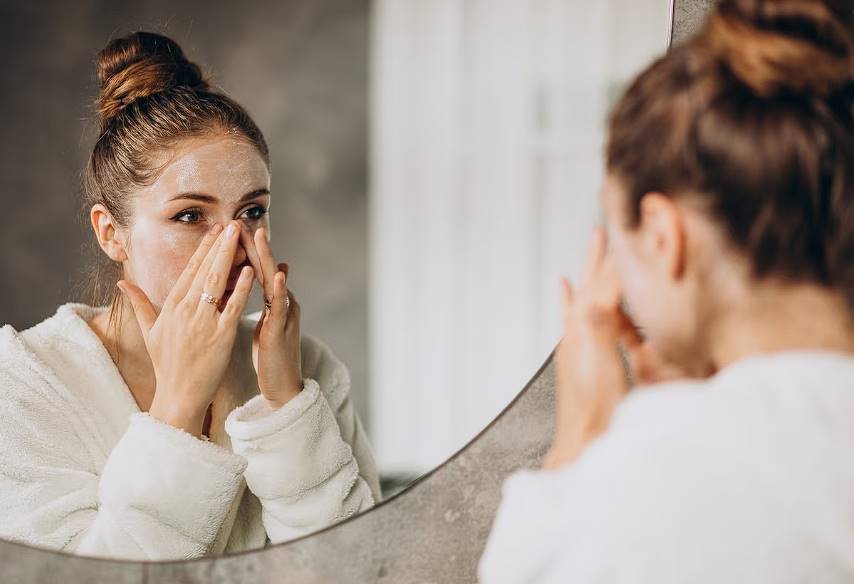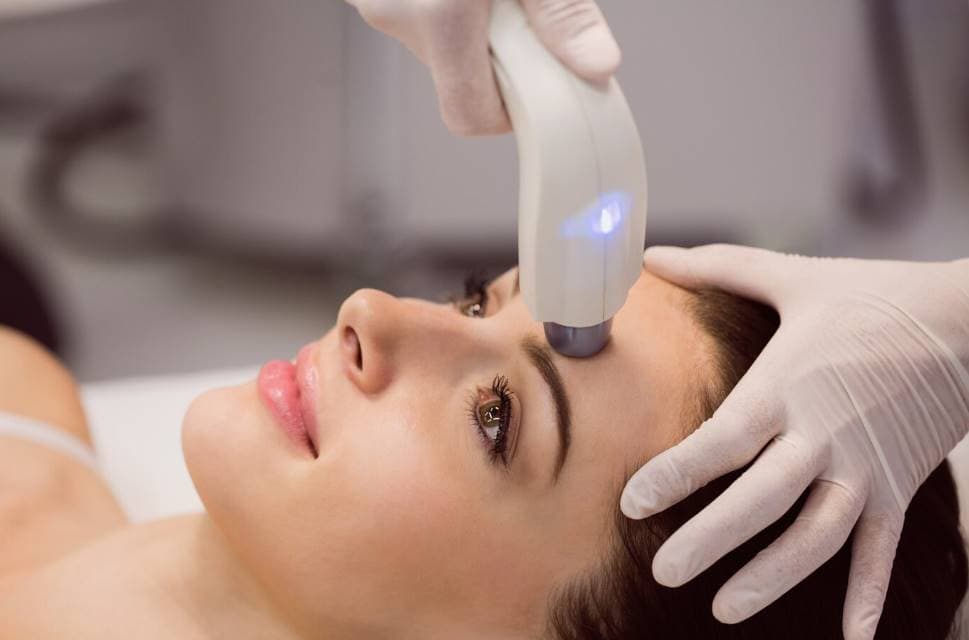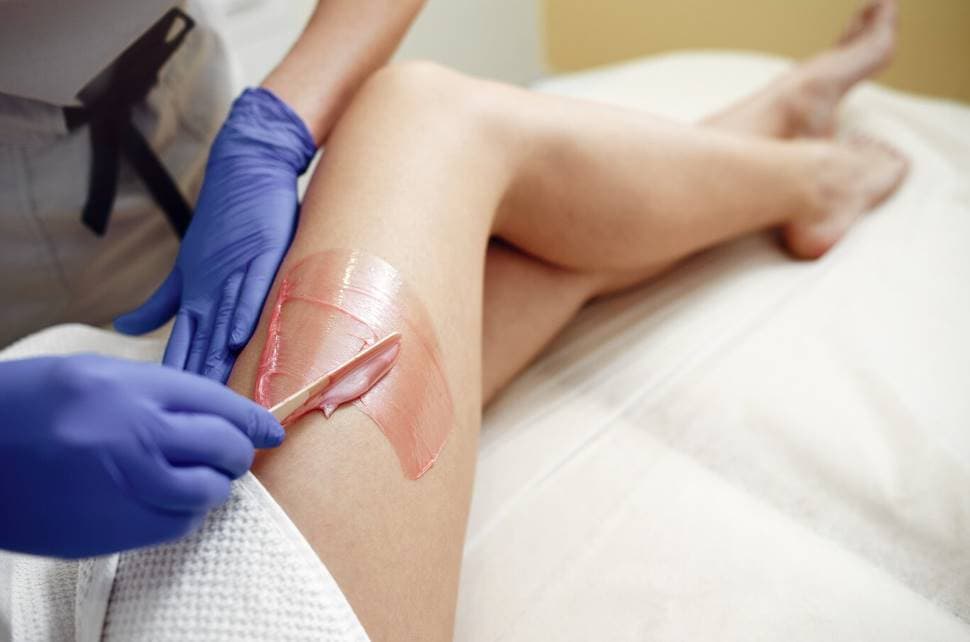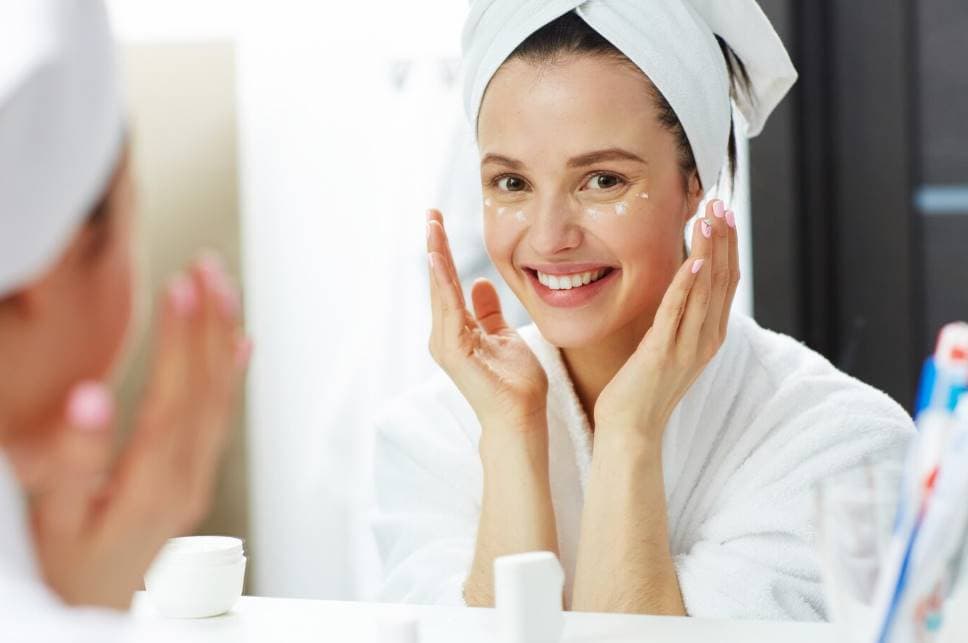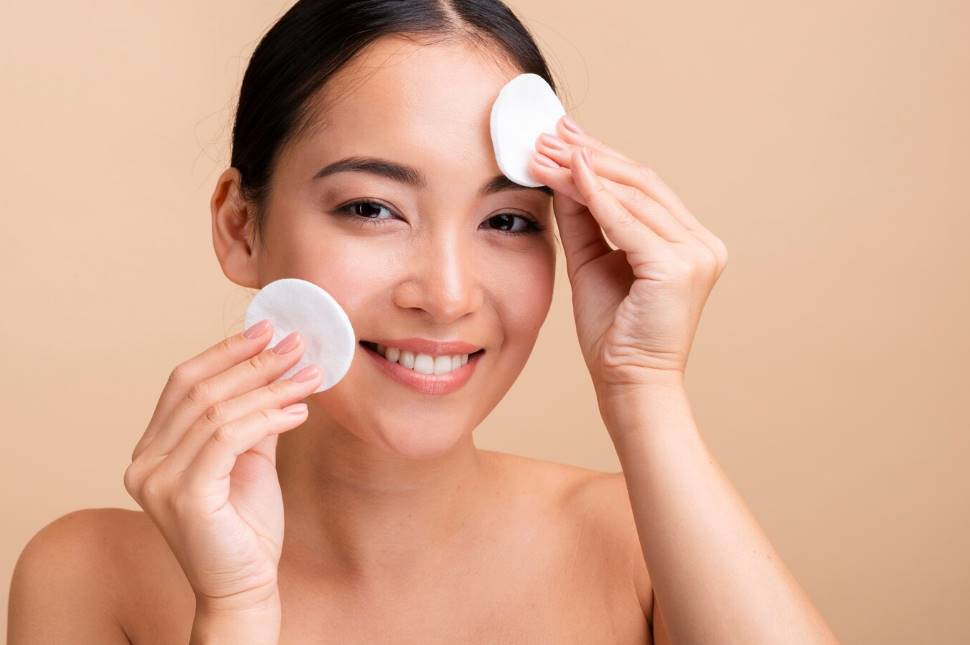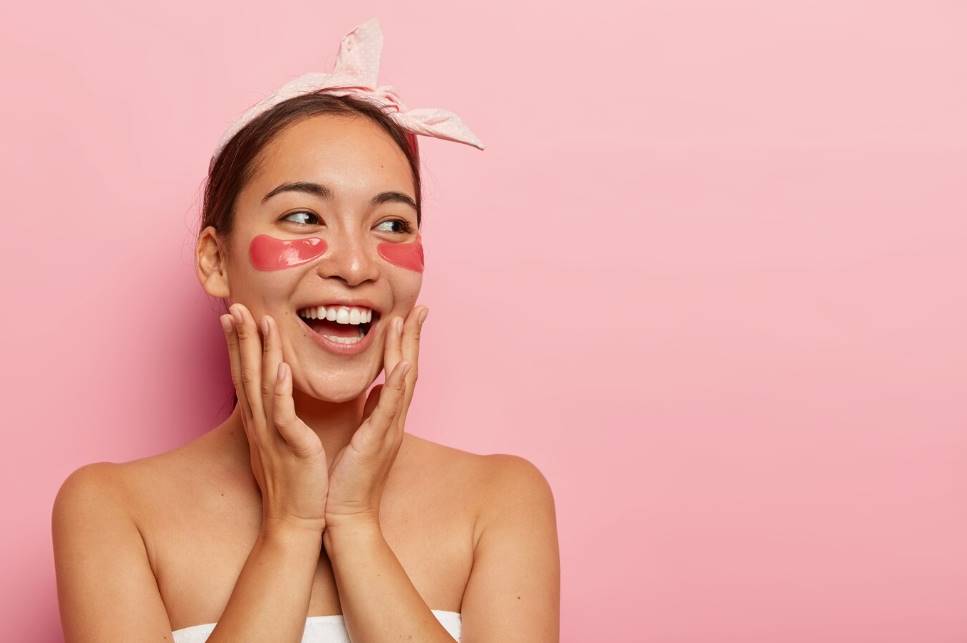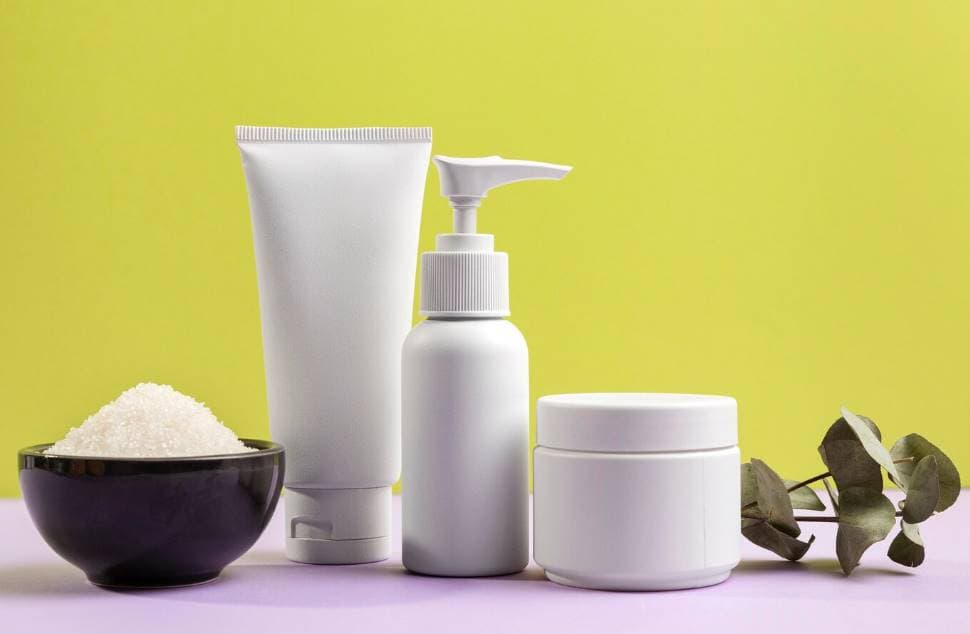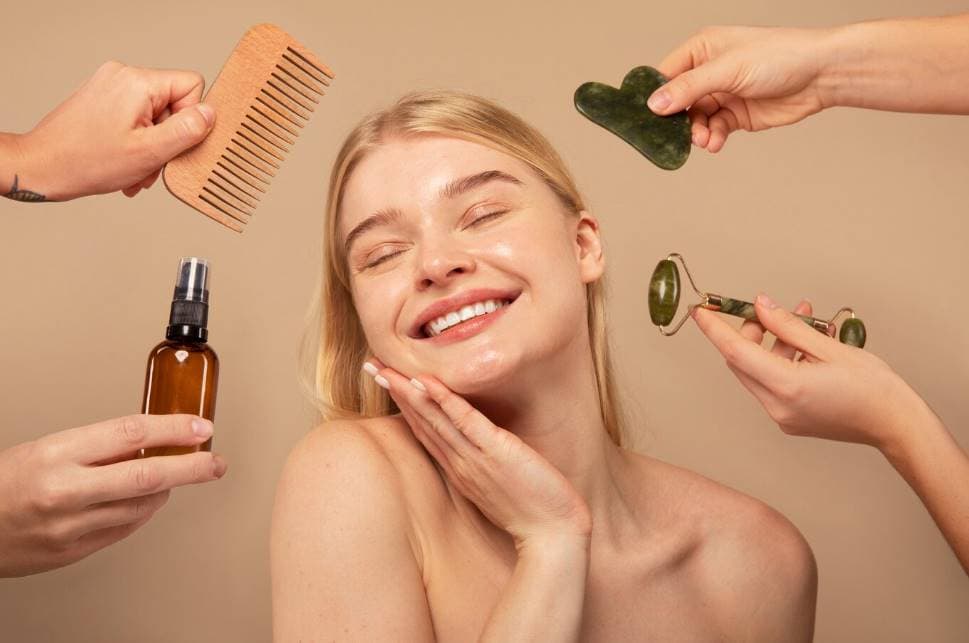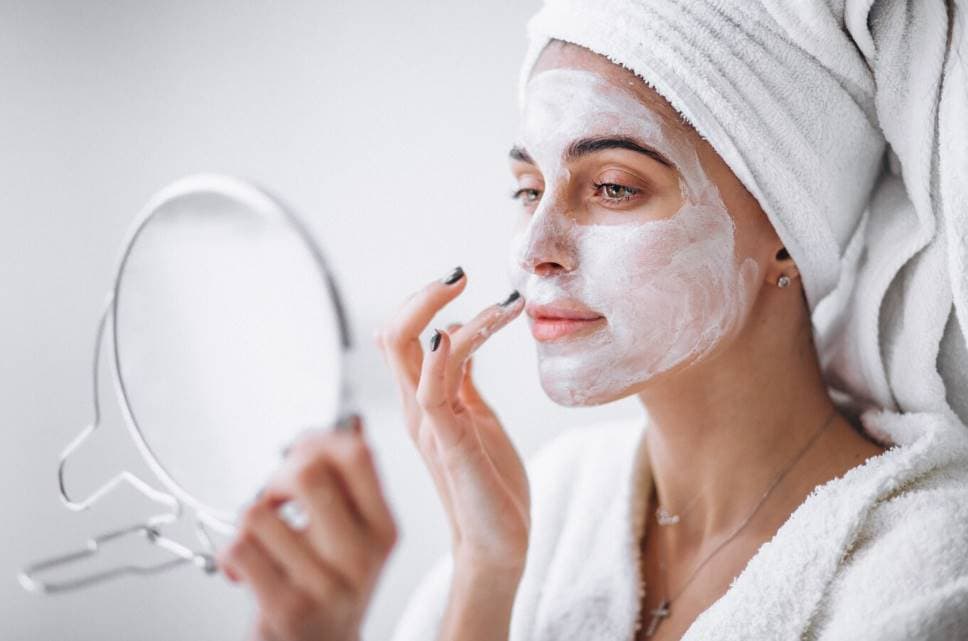We often choose skin care products carefully, hoping they will make our skin look and feel great. However, not all components are made the same. Some people can hurt more than they help.
Knowing what's in your skincare products is important to keep your skin healthy and glowing. This information gives you the power to make smart decisions about the products you apply daily.
This guide will show you the skincare ingredients you should never use to keep your skin healthy and glowing.
Toxic Skincare Ingredients You Should Avoid
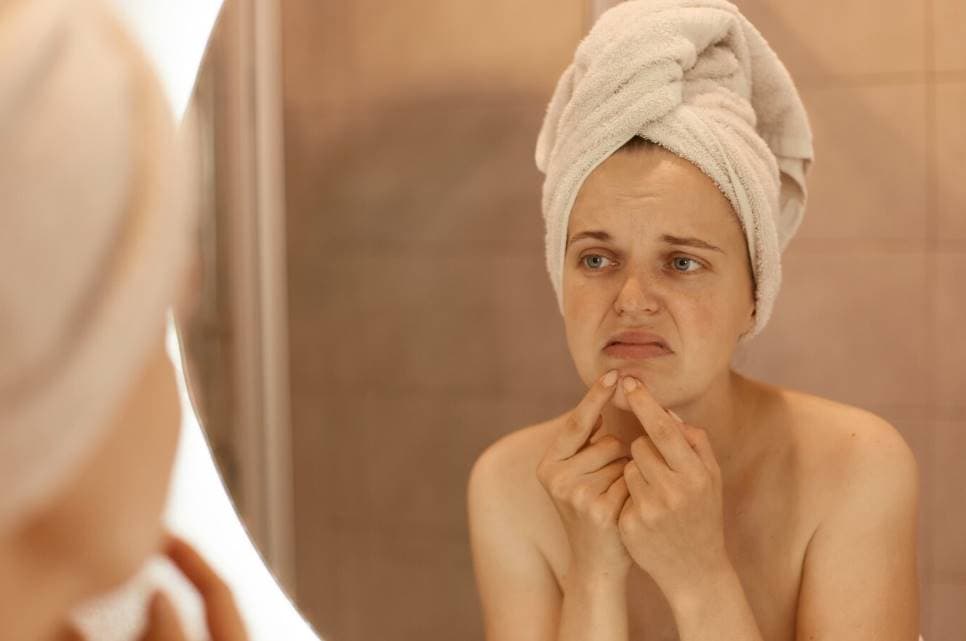
We all know that there are some ingredients in skincare and beauty products that we must constantly search for, but the fact is that there are a lot more important ones that we should try to avoid.
When you put on your favourite skincare items, you might not know that they contain hundreds or thousands of chemicals that get absorbed into your body. Even though avoiding contact with all chemicals is impossible, you can limit the quantity of toxins your body is exposed to.
Parabens
Parabens are a group of chemicals that have been used to keep things fresh since the 1950s. They are used in many grooming goods to keep them fresh longer by stopping mould and bacteria from growing.
Cancer and changes in hormones have been linked to them. Parabens can also make the skin more sensitive, leading to allergic reactions.
Shampoos, conditioning products, body wash products, and moisturisers all have parabens.
Phthalates
This group of hard-to-say chemicals is in almost everything, including you. A study showed that every individual they looked at had some of it. This is a problem because phthalates, used in beauty products and many plastic items, have been found to mess with hormones in a way that can cause congenital disabilities, insulin resistance, and problems with how children grow and develop.
The tricky part is that phthalates are only sometimes listed on the packaging of your favourite products, so you'll have to do a little digging to find out if they are in them. Need a clue? They are often found in things that list "fragrance" as an ingredient, which is a lie. Instead, stick to things that smell like essential oils.
Formaldehyde
Yes, the same stuff used to keep dead bodies fresh is also used to keep grooming products fresh by stopping bacteria from growing.
Formaldehyde is strongly linked to asthma, cancer, nervous system damage, and the developing body.
Benzoyl Peroxide
In the last ten years, the number of people buying products to eliminate pimples has gone through the roof. This is caused by benzoyl peroxide, but you should be careful if you use it. This is because it has been linked to making tumours grow faster. Do you agree that it's scary?
Aside from that, it is toxic to the body just by breathing it in and is known to irritate the skin, eyes, and lungs. As if that wasn't bad enough, if you swallow it, it's very dangerous. How bad!
Mineral Oil
Mineral oil is a transparent, odourless fluid used in numerous grooming products for decades. It's cheap, odourless, colourless, doesn't go bad, and is easy to store for a long time. This makes it highly sought after in the grooming sector.
Mineral oil acts as an occlusive emollient, which helps keep your skin moist by forming a barrier on its surface that locks in moisture.
Mineral oil exposure is strongly linked to a higher risk of non-melanoma skin cancer, especially in the scrotum.
Triclosan
Triclosan is a common ingredient in almost all products that say they kill bacteria, even though the EPA says it is a pesticide. It kills bacteria very well, which is the problem. Not all microbes are harmful to you, and some experts think that many people using this chemical could lead to "superbugs" that can't be killed by antibiotics.
Not only that but it has been shown that triclosan can also mess with hormones and the thyroid. Besides that, it isn't nice for the environment. So, calm your inner germaphobe and know that water and organic hand soap are enough to wash your hands daily.
Alcohol: Drying and Damaging
Isopropyl Alcohol
This alcohol can be rough on the skin, making it dry and irritated. It's often used to treat acne, but you shouldn't use it too much.
Ethanol
Alcohols like toners and astringents often contain ethanol, drying alcohol. It can remove the natural moisture in your skin and make you feel dry. Used Rarely.
Resorcinol
Why is Resorcinol, a common bleaching agent, not allowed in federal buildings but found freely in numerous hair colour products? That doesn't make sense, and that's because it doesn't. In no way!
Resorcinol irritates the skin; studies have shown it can mess up how well an animal's thyroid works. It's also a common reason many women have trouble with dye allergies. This is not something you want in your hair or anywhere else.
Aluminum
Antiperspirants often have aluminium in them. The aluminium compounds in antiperspirants stop sweating by blocking the sweat ducts under your arms.
It also reduces body odour by killing the bacteria that thrive on your sweat and making it smell bad.
Some studies indicate that people exposed to high levels of aluminium may get Alzheimer's.
Hydroquinone
Hydroquinone sounds too good to be true because it is a skin lightener that reduces dark spots caused by medical reactions and bruising. You guessed it, and you were right.
Hydroquinone reduces the amount of melanin in your skin to get rid of these unsightly spots, but while doing so, it hurts your skin in many ways. First of all, it permanently changes your skin's colour and makes the collagen and elastin fibres in your problem area weaker. These are the very things that keep your skin firm and young!
Some individuals get unsightly spots after applying hydroquinone, and many more get irritation from contact or have allergic responses after regular use. Surprisingly, it's used at all, given how quickly it irritates the skin. Lastly, there is evidence that it might cause cancer, like many other things on this list. The harm it does isn't worth the good it does.
The Risks of Making Your Skincare Mixes
With so many "beauty gurus" and "life hackers" out there today, it's easy to get caught up in the DIY aesthetics trend. But are these homemade drinks as good as the ones you can buy?
Here are five skincare goods you should always try to make with and why.
Applying Fresh Lemon to Your Face
Using fresh lemons (yes, those in the fridge) may help get rid of dead skin cells. Also helps get rid of dead skin. Lemons have a lot of vitamin C, which helps with hyperpigmentation. However, this has its drawbacks.
At two pH levels, lemons are very acidic and can worsen skin problems. When you use this ingredient in your masks, it can make your skin red and dry. If you have delicate skin, the effects may be worse.
According to a 2019 study, putting lemon on the face can lead to skin irritation, sunburn, and white patches.
Making Homemade Masks With Household Ingredients
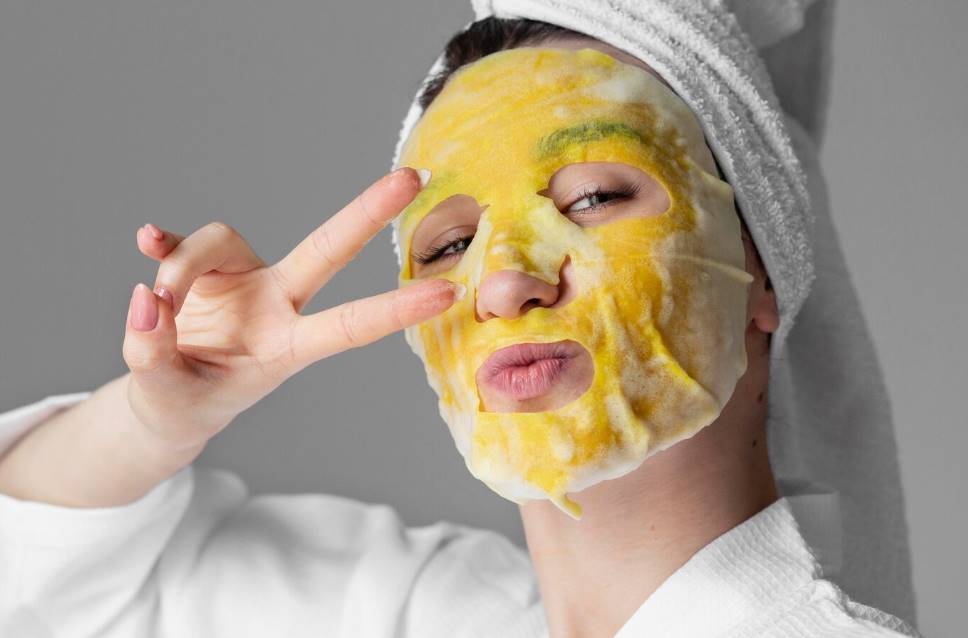
It's not a secret that some of the ingredients in your kitchen are the same as those in the skincare products you use. The problem arises when humans create face masks and goods without knowing how they're used together. This can make a big mess, but your skin won't change much.
Using Toothpaste for Acne
Everyone has heard this joke. If you put toothpaste on your pimples, they can dry out. Use a cotton pad, and your skin will be clear when you wake up.
Toothpaste does have things that can help, like baking soda, essential oils, and hydrogen peroxide. But you might be making things worse than they are. Most toothpaste has sodium lauryl sulphate, which is harsh enough for spots.
If your skin is sensitive, toothpaste can make it red and cause more pimples.
Applying Raw Eggs to Tighten Skin and Bleaching Brown Spots
This can only cause acne, blisters, sores, and scars. In the long run, you'll save a lot of money if you only need one or two professional treatments for your skin to fix your problems instead of 10 or more procedures to fix the damage you did at home.
Using Fruit Powders for Lip Balms
Let's make this mistake the worst of all. Fruit powders don't mix well with oil, which is a problem. Most of these kinds of powders mix with oils and then settle to the bottom. When this occurs, the colour of your skin doesn't change. Put, your lips will be identical in moisture before and after the application, and there won't be any tints as promised.
Research the ingredients before you try to make your lip balms. Your best friend is lip balm with vitamins and certain essential oils. Almost right away, you'll feel the moisture. Plus, they work well against chapped skin.
Conclusion
Skincare products often contain harmful ingredients that can harm the skin. Some of these ingredients include parabens, phthalates, formaldehyde, benzoyl peroxide, mineral oil, triclosan, alcohol, and ethanol. Parabens are chemicals used to keep grooming products fresh and prevent mold and bacteria from growing.
They can cause cancer, hormone changes, and allergic reactions. Phthalates are hard-to-find chemicals found in many products and can interfere with hormones, leading to congenital disabilities, insulin resistance, and developmental issues.
Formaldehyde is linked to asthma, cancer, nervous system damage, and the developing body. Benzoyl peroxide is linked to faster tumor growth and irritation of the skin, eyes, and lungs. Mineral oil is a transparent, odourless fluid used in grooming products and is highly sought after.
Triclosan is a common ingredient in products that claim to kill bacteria but can cause "superbugs" and interfere with hormones and the thyroid. Alcohol, such as isopropyl alcohol, can be rough on the skin and dry, while ethanol is often found in toners and astringents. It is essential to avoid these ingredients to maintain healthy and glowing skin.
Resorcinol, a common bleaching agent, is not allowed in federal buildings but is found in hair color products. It irritates the skin and can cause dye allergies, making it unsuitable for use in hair or other areas.
Aluminum, found in antiperspirants, can block sweat ducts and reduce body odor, but exposure to high levels may lead to Alzheimer's. Hydroquinone, a skin lightener, reduces melanin levels but can cause skin irritation, sunburn, and white patches.
Homemade skincare mixes can be harmful, as ingredients in the kitchen may be the same as those in the products used. Toothpaste for acne can dry out, and using raw eggs to tighten skin and bleach brown spots can cause acne, blisters, sores, and scars. Lip balms with vitamins and essential oils are the best option, as they instantly provide moisture and work well against chapped skin.
In conclusion, it is essential to research ingredients before making homemade skincare products to avoid harmful effects. Avoid using ingredients that can cause skin irritation, dryness, and allergic reactions. Instead, opt for products with vitamins and essential oils for better results.
Content Summary
- It's vital to know the ingredients in your skincare products.
- Some skincare components can be harmful rather than helpful.
- Understanding skincare ingredients empowers you to make informed decisions.
- Many skincare products contain chemicals that can be absorbed into the body.
- Parabens have been used since the 1950s to preserve products.
- Parabens are associated with cancer and hormonal changes.
- Allergic reactions can also arise from parabens.
- Phthalates are found in many products, including cosmetics.
- Phthalates can disrupt hormones, leading to various health issues.
- "Fragrance" on labels might indicate the presence of phthalates.
- Formaldehyde, used for preservation, is linked to asthma and cancer.
- Benzoyl peroxide's popularity has increased for acne treatment.
- Benzoyl peroxide might accelerate tumour growth.
- Inhalation or ingestion of benzoyl peroxide can be hazardous.
- Mineral oil is a common, cost-effective ingredient in grooming products.
- Mineral oil can increase the risk of non-melanoma skin cancer.
- Triclosan is prevalent in antibacterial products.
- Overuse of triclosan might lead to antibiotic-resistant "superbugs".
- Triclosan can interfere with hormones and is harmful to the environment.
- Isopropyl alcohol can excessively dry out the skin.
- Ethanol, found in toners, can strip the skin of its natural moisture.
- Resorcinol, a bleaching agent, can affect the thyroid and cause dye allergies.
- Aluminium in antiperspirants blocks sweat ducts and reduces body odour.
- High aluminium exposure might be linked to Alzheimer's.
- Hydroquinone lightens skin but can cause irreversible skin damage.
- Regular hydroquinone use can cause irritation or allergic reactions.
- There are concerns about hydroquinone's potential carcinogenicity.
- Homemade skincare concoctions might not always be safe or effective.
- Fresh lemons on the face can exacerbate skin problems.
- Lemons are very acidic and can cause dryness, redness, or sunburn.
- Household ingredients in homemade masks might not benefit the skin.
- Using toothpaste for acne can worsen the condition.
- Toothpaste contains ingredients that might be too harsh for acne.
- Applying raw eggs to the skin can lead to various skin issues.
- Using fruit powders in lip balms often doesn't provide desired results.
- Quality lip balms contain vitamins and essential oils for better hydration.
- Parabens can increase skin sensitivity.
- Products with "fragrance" as an ingredient might hide the presence of phthalates.
- Many grooming products use formaldehyde for its preservative properties.
- Benzoyl peroxide is toxic when ingested and can irritate the skin.
- Mineral oil forms a barrier on the skin, locking in moisture.
- Triclosan is officially recognised as a pesticide.
- Alcohol-based skincare products can be damaging and drying.
- Resorcinol can interfere with thyroid functions.
- Aluminium compounds kill bacteria causing body odour.
- Hydroquinone weakens the skin's collagen and elastin fibres.
- DIY skincare trends may not always be based on scientific facts.
- It's crucial to research ingredients before making homemade skincare products.
- Lemons contain vitamin C which might help with hyperpigmentation.
- DIY mistakes can lead to more extended and more expensive corrective treatments.
Frequently Asked Questions
You might want to try DIY Skincare but beware of self-proclaimed beauty experts who tell you to mix things without telling you why. Even if these things look safe, you could hurt your skin if you try to take care of it yourself.
It is an important part of your skincare routine. If a brand has retinol, glycolic acid, salicylic acid, or peptides, you should never mix it with another brand. Your skin can only take in so much retinol, so don't make it work too hard.
And dermatologists usually make the products in their skincare line based on their patients' skin, hair, and nail problems so they can offer a professional solution.
People often say that natural skin care products are more gentle. They don't have any harsh chemicals that could irritate the skin or cause other skin problems. Also, natural skin care products are often better for the environment because they don't contain any chemicals that could hurt it.
Caffeine is good for the skin, which is one of the things coffee grounds are good for. Coffee can make your skin cells grow faster and make your skin stronger. Your skin cells must be strong enough to keep the sun's UV rays from hurting your skin. L-carnitine, an amino acid, makes this happen.
